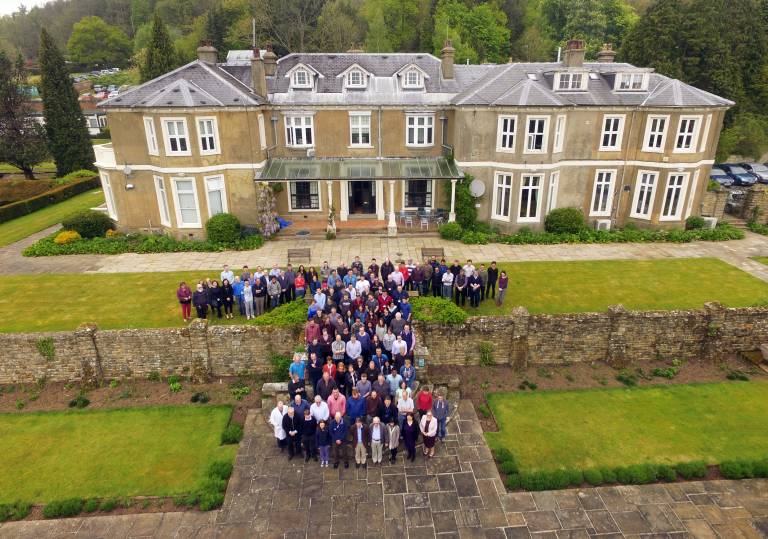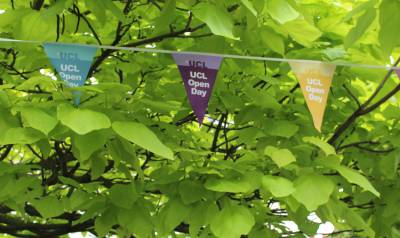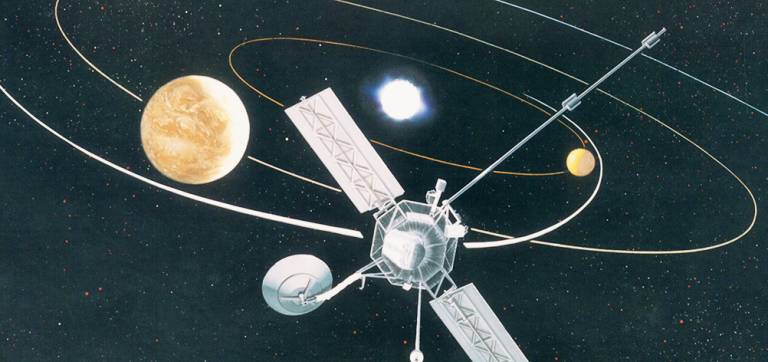Half a century of space at the Mullard Space Science Laboratory
4 May 2017

Under the leadership of Harrie Massey (Quain Professor of Physics and head of the Physics Department), UCL became the leading UK university in space research during the 1950s. From this pioneering start sprung UCL's Mullard Space Science Laboratory, which celebrates the 50th anniversary of its official opening this week.
Scientific research with rockets took off in America after WWII and Massey and many others knew that rockets were also crucial to the future of UK research. At this time Massey chaired the Gassiott Committee at the Royal Society and it was through this position that he set about organising a conference to discuss how this research could proceed. On the invitation list was the Ministry of Supply, the UK Government department that was responsible for providing equipment to the armed forces.
But in the run up to the conference things took a turn that accelerated Massey's plan.
On 13th May 1953, just as Massey was about to leave for the annual UCL staff-students cricket match, the Ministry of Supply phoned. They were calling to see if he was interested in using rockets for UCL's research. Massey said yes. The call reportedly made him late for cricket, but he would have had a good story to tell - the UK was going into space. The first rocket launch took place in 1957 - the same year that Sputnik I was put into orbit.
From this beginning UCL's rocket group grew and before long additional facilities were needed. With support from Mullard Ltd a Victorian mansion was purchased in the Surrey Hills and in the mid-1960s staff started to move from London to Holmbury House. By the end of 1966 the move was complete and the Mullard Space Science Laboratory was officially opened by Dr F.E. Jones FRS, Managing Director of Mullard Ltd on 3rd May 1967.
Today the Mullard Space Science Laboratory remains the largest university space science group and works across solar physics, plasma physics, planetary physics, astrophysics and climate physics. Within the department space instrumentation is designed, developed and built along with the supporting software. MSSL and the predecessor rocket group have been involved with over 60 satellite launches and over 200 rocket launches.
 Close
Close




